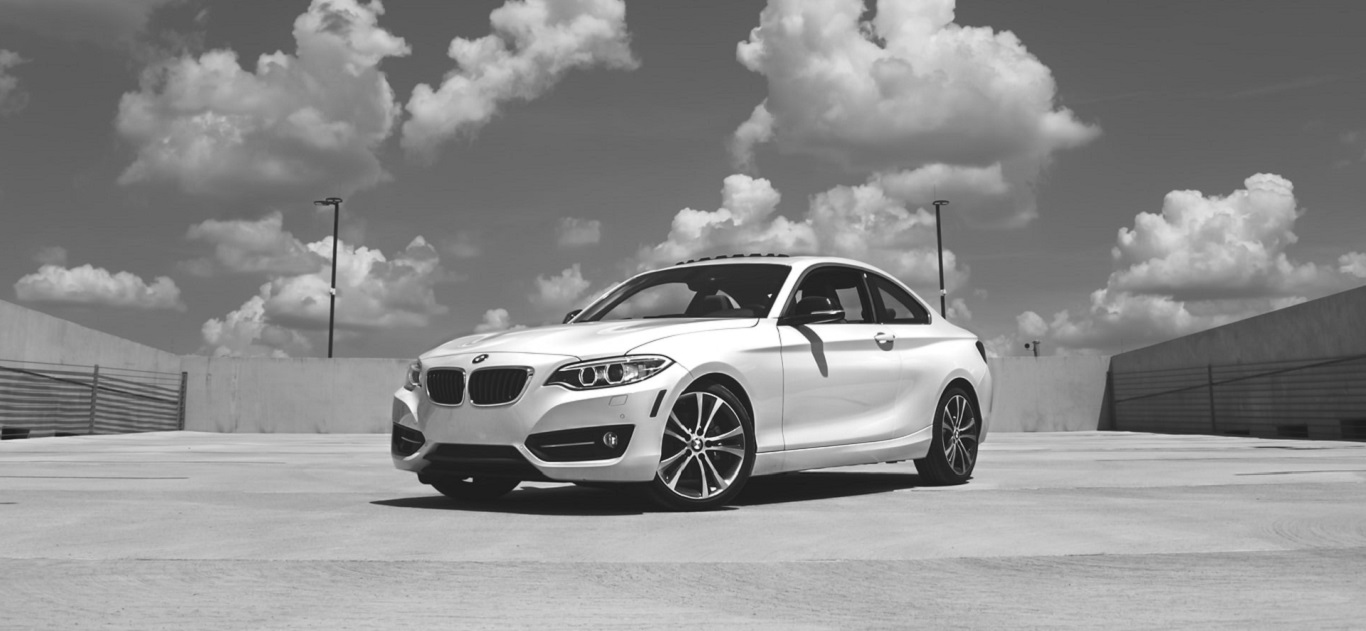I received a call the other day from my friendly BMW Sydney salesperson offering me 20% off a new BMW if I buy it before 30 June. I wasn’t sure if it is the best time to buy a new car but it did make me think about it.
There are some steps you need to go through to make this decision:
Step 1 – Does it fit within your financial plan?
If you are only focused on long term goals of paying off your mortgage and saving up for retirement or your income is down at the moment then maybe a new car is not a good idea. If those goals are well on track and you have spare funds then maybe it is possible.
If you have a written Financial Plan it should have a detailed description of your goals at the start. If owning a luxury car is your highest priority unmet goal then go for it.
Step 2 – How will you finance the purchase?
If you intend to trade in your existing car and/or pay cash this is easy.
If you plan to finance it then it is best if you obtain approval before you go to the car dealer. Bank finance is usually cheaper than what the car dealer will offer you but their approval process might take weeks. If you already have finance available then you can use that to leverage a better deal from the car dealer.
Step 3 – Do you intend to buy in a company or your own name?
Buying in a company might seem attractive because you can claim the GST in your BAS. You can also claim a 100% tax deduction up to the car cost depreciation limit of $57,581 using the instant asset write-off:
However if you don’t use the vehicle 100% for business purposes you will need to make an employee contribution towards the running cost or pay Fringe Benefits Tax.
There are other complications with owning a company car which include:
- Higher costs for registration & insurance.
- GST, income tax & stamp duty payable if you transfer it to your own name later.
- Finance approved in your own name might need to be re-assessed for company ownership.
You must talk to your Accountant before making this decision.
Step 4 – Updating your log book
If you have a log book for recording your work related driving you will need to update it.
The problem is that now we are no longer going out to meet clients it’s possible that your business related driving is not happening. That’s going to mess up your logbook.
The ATO has a detailed description of the requirements for a logbook:
It does state:
If your circumstances change, such as a change in the type of work undertaken by your business, you may need a new logbook.
The ATO has not given any guidance as to any leniency they will show regarding Covid-19 measures. If you are not doing any driving at all maybe you have a good argument to say that your work related percentage is holding steady for the current financial year. Next financial year could be a problem though.
If doing a new log book is not going to work for you then you need to decide if the cost of the car without any tax savings is still ok for you.
Step 5 – Negotiate with the car dealer
Some car sales people have a very annoying way of negotiating where they tell you the list price which is higher than what you see advertised. When you say it is too much they then ask you how much you want to pay.
It’s always best to think of the lowest possible number and then they tell you it is too low and ask you to make it bigger. They never make an offer to you, they always make you bid against yourself.
If you make an offer that is acceptable to them they don’t commit to it but instead ask to take your credit card to charge a deposit and go ‘speak to the manager’. That’s a mistake because now they know you are committed so they will come back and ask you to increase the price again.
You should always say no, tell them to get back to you when they’re ready to do the deal and leave. They will very quickly make a decision and call you back.
Luxury car manufacturers make a profit margin of around 10% and car dealers around 5% on sales of new vehicles. It’s hard to know the exact bottom line because the average selling prices are not publicly available. They are less than the advertised prices so in theory the car company is still making a profit after reducing the recommended retail price by 20%. They also make a profit on extended warranties, finance, insurance, servicing, trade-ins etc.
The thing to know is if you are buying a car that is priced above the luxury car tax threshold ($67,525 for a regular car and $75,526 for fuel efficient) around 30% of the excess is tax:
| Base purchase price | $66,000 | $80,000 |
| Onroad costs | $1,000 | $1,000 |
| GST | $6,600 | $8,000 |
| Luxury Car Tax | $0 | $4,117 |
| Stamp Duty (NSW) | $2,400 | $3,100 |
| Total Cost | $76,000 | $96,217 |
A $20,000 reduction in purchase price only reduces the car dealers’ income by $14,000 thanks to the tax savings. So what you think is tough negotiation is not as painful for them.
All best and good luck with your new car!

